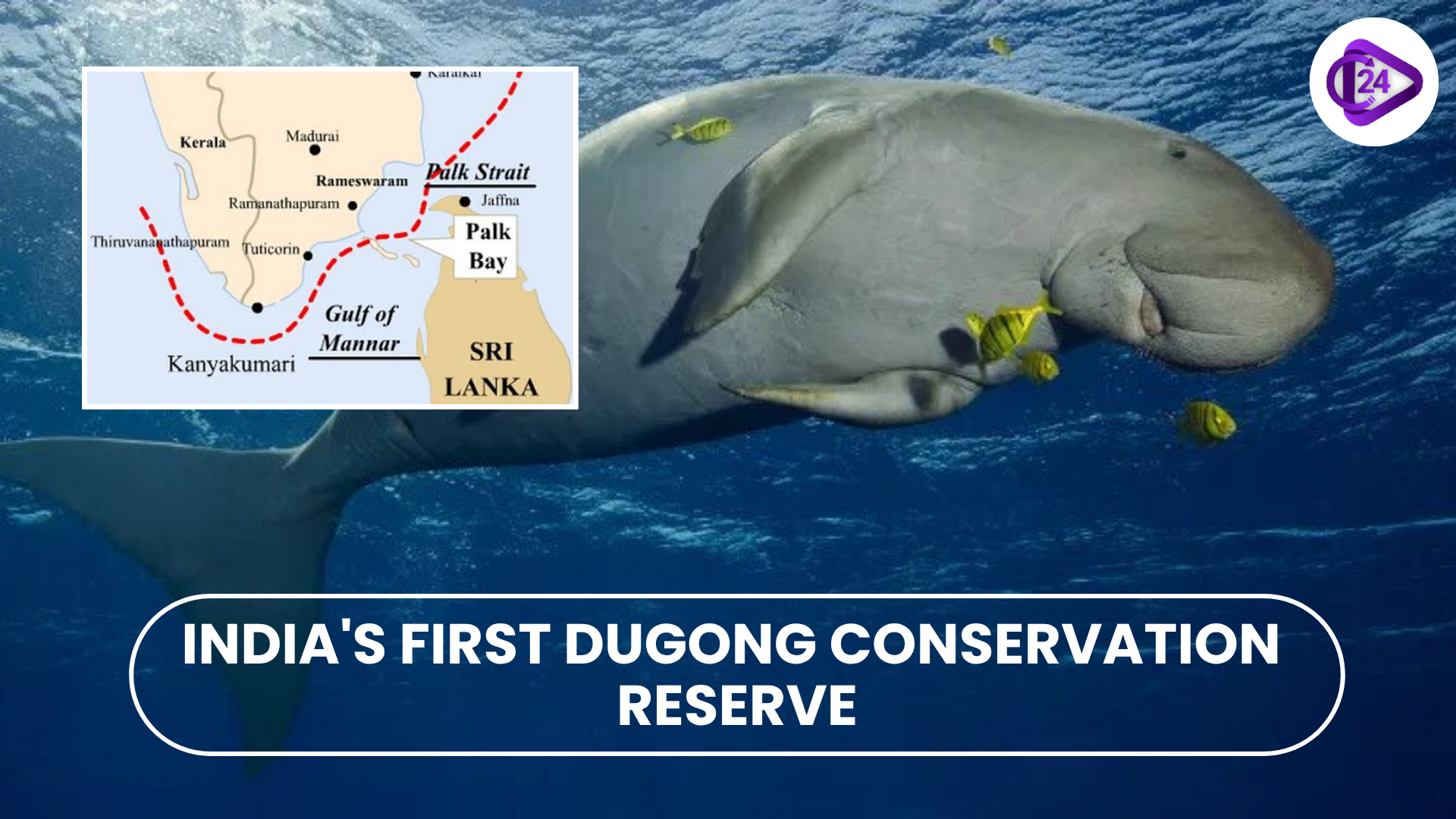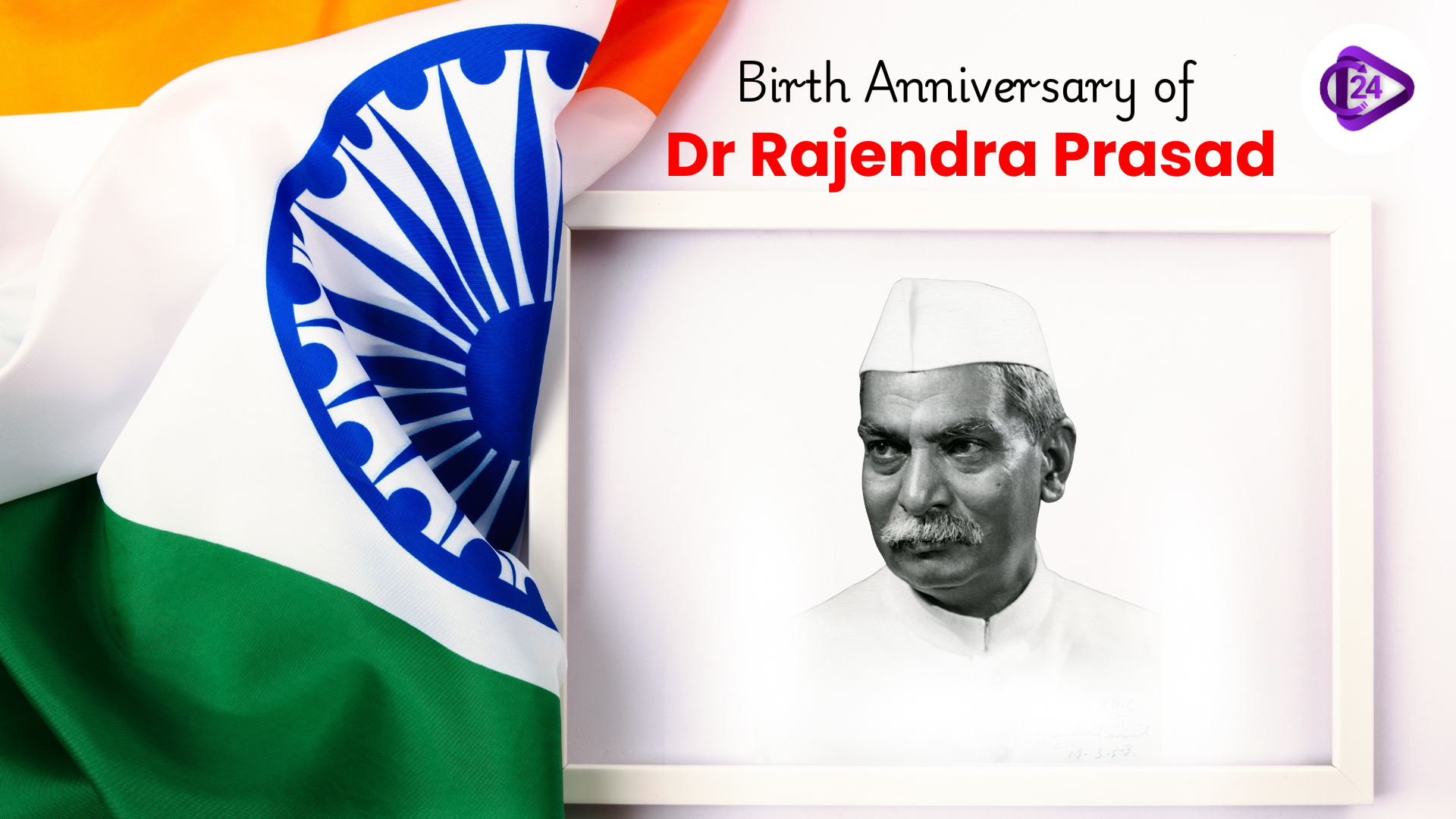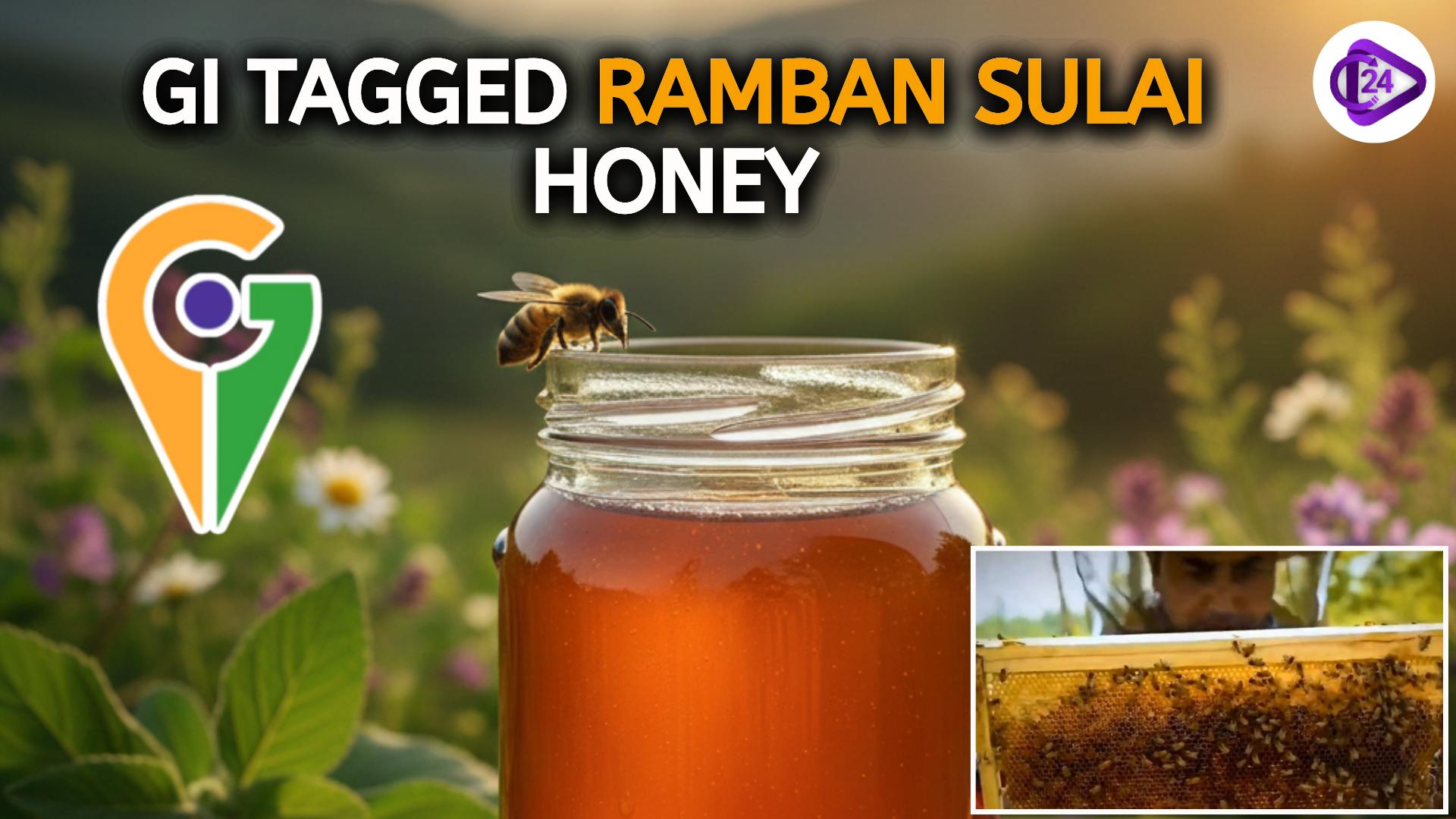
In 2025, the International Union for to Protect of Nature (IUCN) officially recognized the first-ever Dugong Conservation Reserve in the region of Palk Bay in the state of Tamil Nadu, India. Dugongs or sea cows live in the seagrass ecosystems, which are the main component of these reserves and the key feeding grounds of the animals. This recognition brings to the fore that India is trying to conserve marine biodiversity and raises awareness in the rest of the world through the conservation of endangered marine life and coastal ecosystems.
Conservation efforts and challenges
-
The Dugong Conservation Reserve is under the Wildlife Protection Act, 1972, managed by the Tamil Nadu Forest Department, with an aim of restoring the habitat and community involvement.
-
In a project funded by the Government of India under its Scheme of Integrated Development of Wildlife Habitats (IDWH), dugong protection and seagrass restoration are financed.
-
Awareness campaigns and compensation motivate fishermen to report when they see dugongs or when they have caught one by accident.
-
Marine biodiversity and seagrass meadows in the Palk Bay are sampled by scientific surveys.
-
Habitat degradation, illegal fishing, pollution, and climate change have been identified as major challenges and threats to the survival of the dugong and the health of seagrass.
Key Facts of ICUN
-
Founded: 1948, in Fontainebleau, France.
-
Head office: Gland, Switzerland.
-
Members: More than 1,400 organizations in more than 160 countries.
-
Primary Objective: To protect nature and the sustainability of resources.
-
Major Work: Distributions Publishes the Red List of Threatened Species.
-
India: An active participant in the conservation of wildlife and the sea.
-
Global Influence: Recommends the United Nations on matters of biodiversity and climate throughout the world.
Conclusion
In 2025, the IUCN World Conservation Congress, in Abu Dhabi, acknowledged the first Dugong Conservation Reserve in Palk Bay, Tamil Nadu, as one model of marine conservation worldwide. This appreciation indicates the increasing interest of India in safeguarding endangered species such as the dugong, also known as the sea cow, and conserving crucial seagrass habitats. It also indicates the effectiveness of the joint working between the Tamil Nadu Forest Department, the local fishing communities, and the Government of India. The recognition by the IUCN builds on the significance of sustainable seashore management, scientific surveillance, and community involvement to provide marine biodiversity protection in the long run.



 Birth Anniversary of Dr Rajendra Prasad
Birth Anniversary of Dr Rajendra Prasad Tessy Thomas Achieves Major Recognition With Dr Paulos Mar Gregorios Award 2025
Tessy Thomas Achieves Major Recognition With Dr Paulos Mar Gregorios Award 2025 Ramban Sulai Honey GI Tag: A Major Win for Traditional Beekeeping
Ramban Sulai Honey GI Tag: A Major Win for Traditional Beekeeping India Secures Third Rank in Asia Power Index 2025
India Secures Third Rank in Asia Power Index 2025 Constitution Day of India 2025: History, Meaning and Timeline Explained
Constitution Day of India 2025: History, Meaning and Timeline Explained India Launches ₹7,280 Crore Initiative to Develop Rare Earth Magnet Manufacturing
India Launches ₹7,280 Crore Initiative to Develop Rare Earth Magnet Manufacturing Assam Government Introduces Bill to Ban Polygamy with Strict Penalties
Assam Government Introduces Bill to Ban Polygamy with Strict Penalties Guru Tegh Bahadur Martyrdom Day 2025 A Tribute to Courage and Spiritual Strength
Guru Tegh Bahadur Martyrdom Day 2025 A Tribute to Courage and Spiritual Strength India Pays Tribute to the Birth Anniversary of Rani Lakshmibai
India Pays Tribute to the Birth Anniversary of Rani Lakshmibai Kinnaur’s Raulane Festival Celebrates Nature’s Mystical Guardians
Kinnaur’s Raulane Festival Celebrates Nature’s Mystical Guardians






